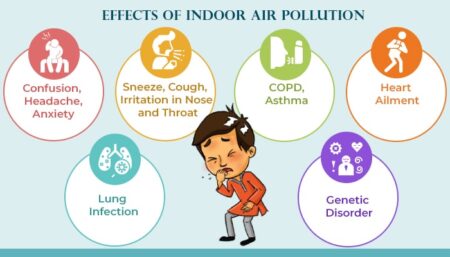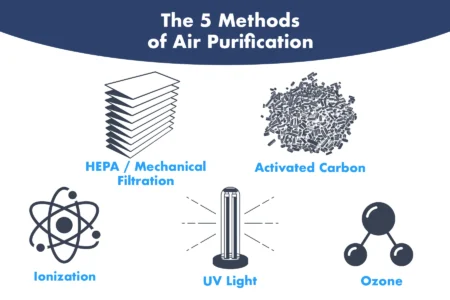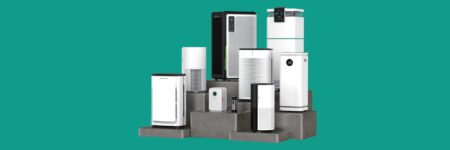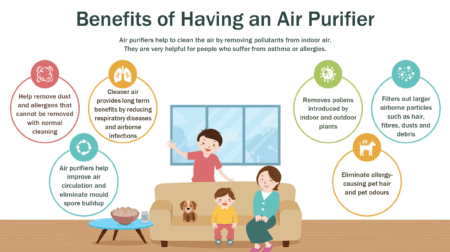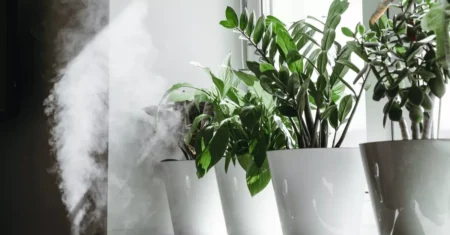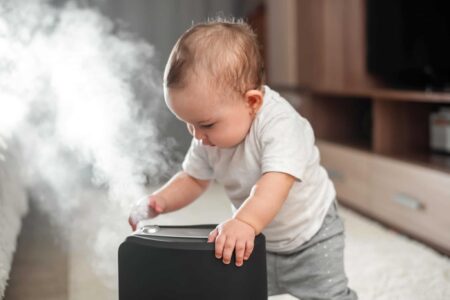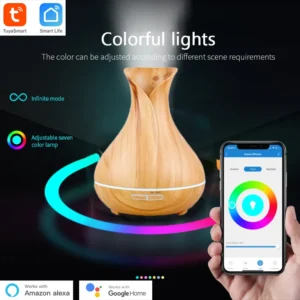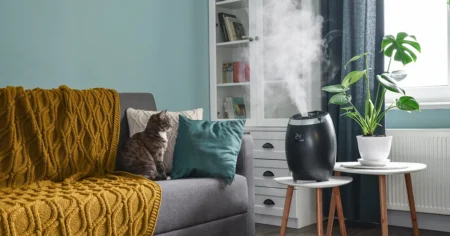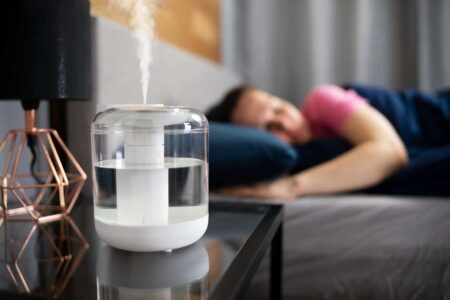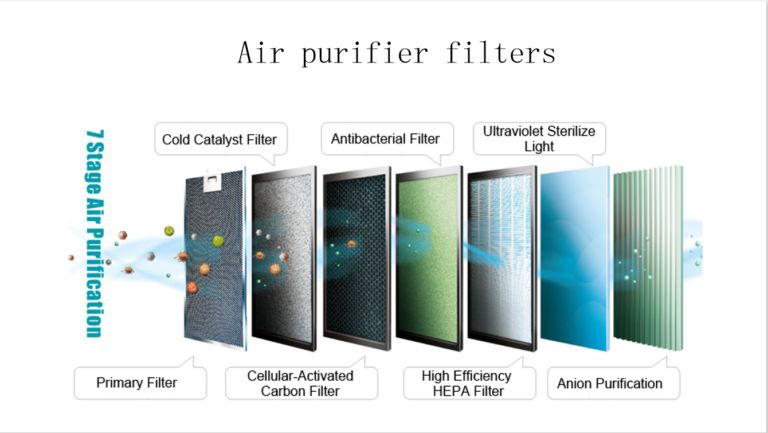

Understanding Air Purifiers: How Many Filters Do Air Purifiers Use?
Air purifiers are an essential home appliance that help in removing pollutants and improving indoor air quality. The filter is the key components of an air purifier. Filters help trap and remove harmful particles, pollutants, and allergens from the air. In this article, we will explore the different types of filters used in air purifiers and how they work.
Introduction to Air Purifier Filters:
Air purifier filters are made up of various materials and work to remove different types of pollutants from the air. The main types of filters used in air purifiers include HEPA filters, activated carbon filters, pre-filters, and ionizers. Each type of filter has its unique properties and benefits.
HEPA Filters:
High-Efficiency Particulate Air (HEPA) filters are the most popular type of filter used in air purifiers. HEPA filters contain dense layers of fine mesh that can capture particles as small as 0.3 microns. HEPA filters are effective at removing pollutants such as dust, pollen, and pet dander, as well as bacteria and viruses.
Activated Carbon Filters:
Activated carbon filters are another type of filter commonly used in air purifiers. These filters contain activated carbon, which has been treated with oxygen to create millions of tiny pores between the carbon atoms. These pores help to trap and absorb gases and odors from the air. Activated carbon filters are effective at removing odors from cooking, smoking, and pets.
Pre-filters:
Pre-filters designed to capture larger particles before they reach the main filter. These filters are typically contain dense mesh material that can trap larger particles such as hair, dust, and pet dander. Pre-filters help extend the life of the main filter which reducing the amount of larger particles.
Ionizers:
Ionizers are a type of filter that use an electrical charge to create negatively charged ions that attach to positively charged particles in the air, such as dust and pollen. These charged particles then stick to surfaces or attracted to the positively charged plates in the ionizer. Ionizer filters remove certain pollutants from the air, but they can also produce harmful ozone as a byproduct.
Filter Replacement:
It is essential to replace the air purifier filter regularly to ensure that it continues to work effectively. Most air purifier manufacturers recommend replacing the filter every 6 to 12 months, depending on usage. Some air purifiers have indicator lights or apps that notify the user when it is time to replace the filter.
Conclusion:
Choosing the right filter for your air purifier can make a significant difference in improving indoor air quality. HEPA filters are generally considered the gold standard in air purification, but activated carbon filters can be effective at removing odors. Pre-filters and ionizers can also help improve the air quality in your home. It is essential to replace the air purifier filter regularly to ensure that it continues to work effectively. By understanding the different types of air purifier filters and their benefits, you can make an informed decision when purchasing an air purifier.

